You can donate here.
For investments, or if you have any other questions, please get in touch! You can reach the CEO, Johannes Haushofer, at [email protected].
Thank you for your support!
We are grateful for donations! Donations are tax-exempt in the United States, where Malengo is a 501(c)(3) charity; and in Germany, where Malengo is a non-profit LLC (gGmbH).
If you have questions about donating, or would like to discuss other ways to get involved, please contact Johannes Haushofer [email protected]
Select Payment Method:
Send a check
Malengo Inc.
8 The Green, Ste. 4000
Dover, DE 19901
Transfer to our US account
Please contact us for account details: [email protected]
Transfer to our German account
Malengo gGmbH
Rosenthaler Straße 43-45
10178 Berlin
Germany
Published
By Johannes Haushofer
It’s time for Malengo’s update at the end of 2024! Since our founding in 2021, our goal has been to facilitate international educational migration. Through financing and mentorship, we support students from low-income countries in applying for an obtaining an education in a high-income country. Our vision is to dramatically improve the lives of our students and their families, as well as their home and host communities. 2024 has been an eventful year for us and our students. Here is a summary!
Our flagship program supports high school graduates from Uganda on their journey to a Bachelor’s degree in Germany. The program covers the cost of living in the first year of studies, as well as the cost of university applications, English and German language preparation, visas, and flights. Students also receive extensive mentorship from staff and a network of mentors, both in Uganda and Germany. We grew this program rapidly in its first years: the cohort that entered university in 2021 consisted of 7 students, followed by 17 in 2022, and 112 in 2023.
In 2024, we admitted an additional 120 students, from an applicant pool of 2,100. For the first time, we included a group of 20 refugees living in Uganda, with support from the Shapiro Foundation. The students are now in the process of traveling to Germany and beginning their studies.
The distribution of subjects is typical for Malengo students; they focus heavily on STEM and business courses:
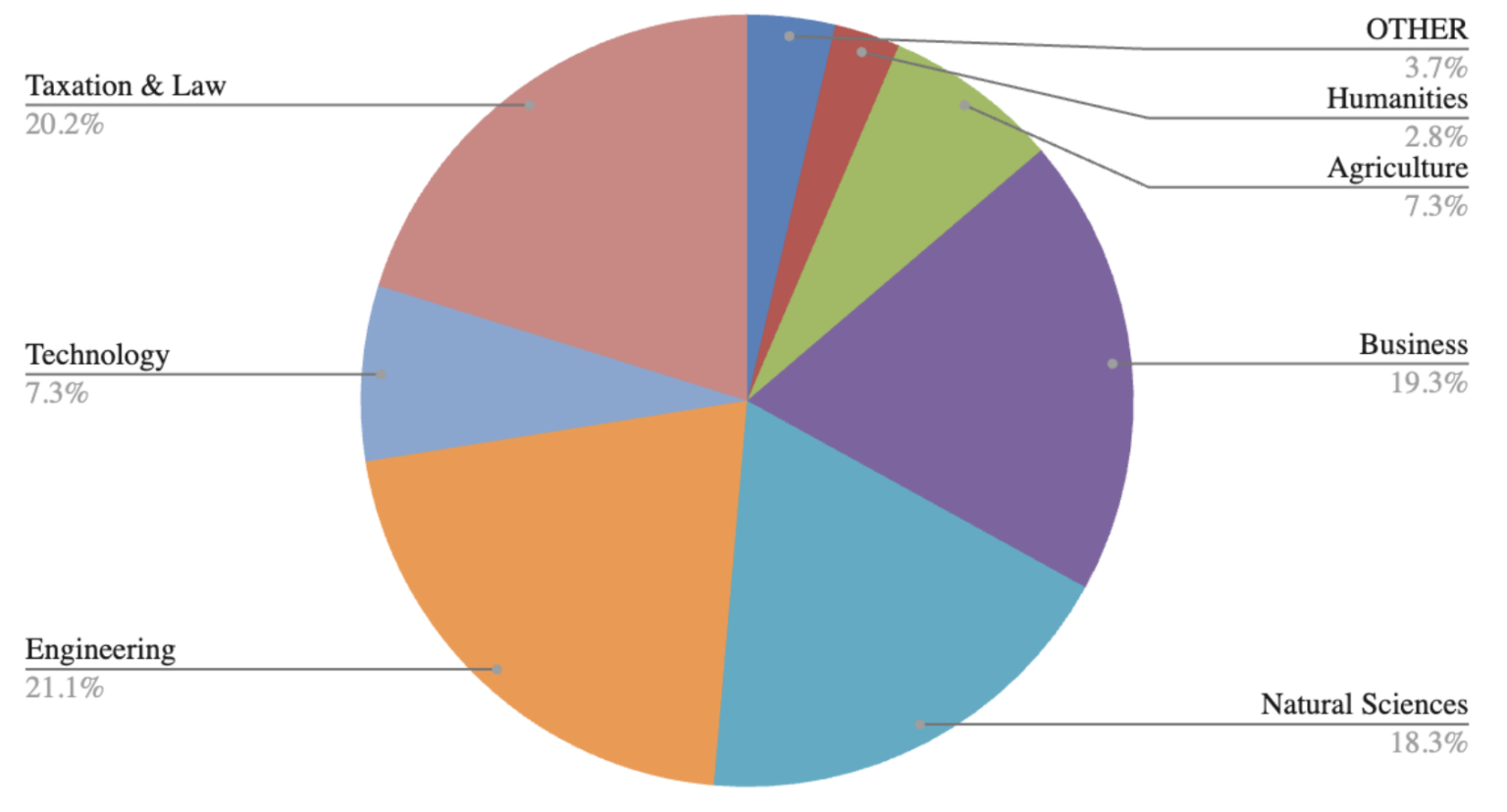
This year for the first time, we encountered delays in obtaining appointments for student visas at the German embassy in Kampala. We are told by the ambassador that this is due to staff turnover and a more generally staff shortage, rather than a change in policy. These delays meant that only about half of the 2024 cohort are beginning their studies in Germany in person in the fall of 2024. The remainder will arrive either for the spring semester in early 2025, or (in a small minority of cases) the fall semester of 2025.
To avoid similar delays in the future, we will begin booking visa appointments much sooner than previously in the coming year. We are also in frequent contact with the embassy to find out when their staffing situation will improve.
In addition to the new cohort that entered in 2024, we are supporting 135 students from previous cohorts who are already studying in Germany. Here are some highlights about their progress:
We are currently recruiting Cohort 5 of the Uganda–Germany university program, with expected program entry in fall 2025. Some highlights:
We are still looking for funding to support this cohort of students. Donations and investments committed before January 15, 2025 are most welcome! Please get in touch with the CEO, Johannes Haushofer, at [email protected], if you can support us.
Probably the most exciting programmatic update for 2024 is our brand-new Vocational Training Program in Germany for Refugees from Kenya! We had long eyed TVET (“Technical and Vocational Education and Training”) as a promising area for program expansion because it has a number of advantages relative to university study:
Given these advantages, we decided to pilot a TVET program. We were spurred on by the enthusiastic support of our donor and investor Ed Shapiro. Ed runs the Shapiro Foundation, which focuses on improving the lives of refugees around the world. The Shapiro Foundation first invested in our Uganda–Germany University Program by supporting our first refugee cohort (see above). In developing the TVET program with them, we therefore continued to focus on refugees. We decided to maintain our focus on Germany as the destination country, and work in Kenya as the origin country, both because there is a new migration treaty between Germany and Kenya, and because vocational training has a long history in Germany. Finally, we chose to focus on nursing only initially, since the need in that area is great and entrance salaries are high (around EUR 40,000/year immediately after graduation).

Our donor and investor Ed Shapiro
Relative to our university program, the big downside of vocational training is that German language skills at level B1 are required upon entry. We therefore developed a program in which trainees first study German for one full year in Kenya. During this year, they apply for traineeships, and upon reaching German level B2 after one year, they travel to Germany to begin their training. We identified a promising language school in Kenya, AG German Institute, and entered a partnership agreement with them.
In August 2024, we advertised a pilot program, initially intended for 20 trainees from the Dadaab and Kakuma refugee camps in Kenya. Within less than two weeks, we received more than 2,600 applications, many of them from very qualified applicants. With Ed Shapiro’s support, we therefore expanded the size of the pilot cohort to 120. In early September, 60 began their German language studies in Eldoret, and another 60 in Mombasa.
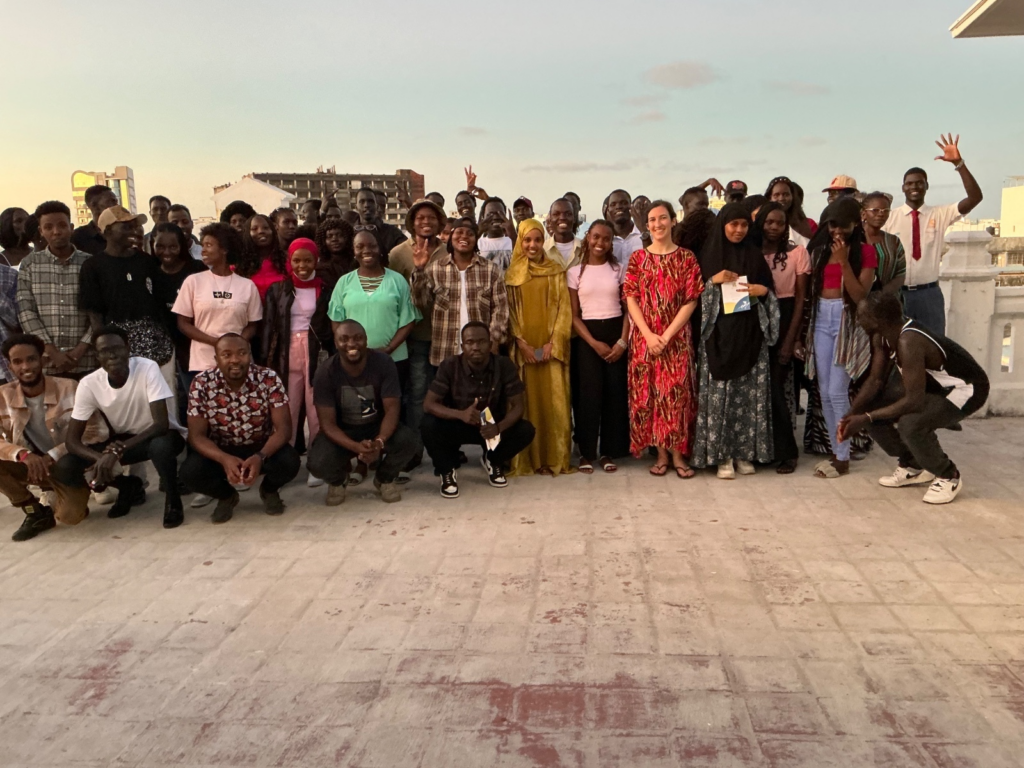
Malengo’s first vocational training cohort: The 60 students in Mombasa

Malengo’s first vocational training cohort: The 60 students in Eldoret
The language school tells us that the students are motivated, academically strong, and making good progress. As of the end of 2024, most of these students have reached German level A1 (“Beginner”). This is a bit delayed relative to what we were hoping for; we therefore made an effort in late 2024 to improve attendance and intensify study effort so as to help them reach B1 by the spring. Once students have reached this level, they will apply for vocational traineeships in Germany, and travel there to begin their training in mid-2025.
In addition to the wonderful new support from the Shapiro Foundation described above, we were fortunate in 2024 to receive a $1.5M grant from GiveWell and Unorthodox Philanthropy. This is an important milestone for Malengo as an organization: GiveWell and OpenPhilanthropy adhere to the highest standards or rigor in evaluating both the potential and the proven impact of an intervention, and their support is therefore especially meaningful to us. We are also grateful for continued support from the Livelihood Impact Fund and Unorthodox Philanthropy, who supported us through their “Extraordinary Leaders Transforming a Field” program; and many other individual donors. We are also very grateful for investments from our first investor Richard Nerland, and from Debra Fine and Ker Fong Kwee and Jun Ning.
Another important development in 2024 was that we shored up our organizational infrastructure. This involved bringing our German entities under the umbrella of our US 501(c)(3); and transitioning our Advisory Board to a true Fiduciary Board. Please meet the members:
Our research team continues to work on scientific studies to evaluate the impact of Malengo; most importantly, a randomized controlled trial of the Uganda–Germany University Program. The study places particular emphasis on measuring not only economic impacts of the program, but psychosocial outcomes (e.g. life satisfaction); to measure not only direct effects, but also spillover effects, e.g. on the families of scholars and their home communities; and to measure not only positive impacts, but also potentially negative ones (e.g. possible experiences of discrimination or loneliness amongst the scholars; possible sadness about a far-away family member amongst parents and siblings). We currently estimate that the study may reach the required number of participants within the next 2–3 years.
Here is our great research team:
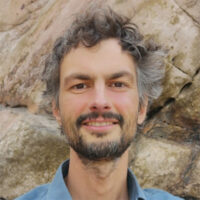
Associate Professor Economics, University of Bristol

PhD student in Economics, Stockholm University
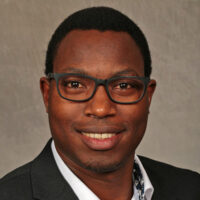
Senior Researcher, RWI Liebniz Institute for Economic Research

Assistant Professor of Development Economics, Groningen University

Director, Max Planck Institute Bonn, and Professor of Economics, University of Cologne
In 2025-2027, we hope to continue our Uganda–Germany University Program at the same number of ~120 students per year. We also plan to continue the Kenya–Germany TVET Program, to the extent funding allows, with a similar number of students each year.
To meet these goals, we are immediately raising $7.5M of philanthropic support and/or investments. Support committed before January 15, 2025, will directly benefit the 2025 cohort of the Uganda–Germany University Program.

You can donate here.
For investments, or if you have any other questions, please get in touch! You can reach the CEO, Johannes Haushofer, at [email protected].
Thank you for your support!
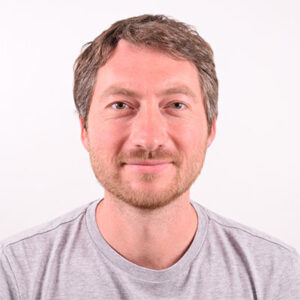
Johannes Haushofer CEO
Lorem ipsum dolor sit amet, consectetuer adipiscing elit aenean comm odo ligula eget dolor massa Lorem ipsum dolor sit amet, consectetur adipiscing elit. Aenean egestas magna at porttitor vehicula nullam.
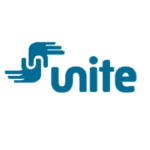

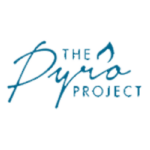
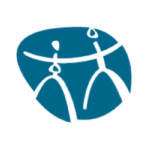
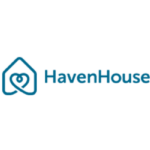
Leave a Reply